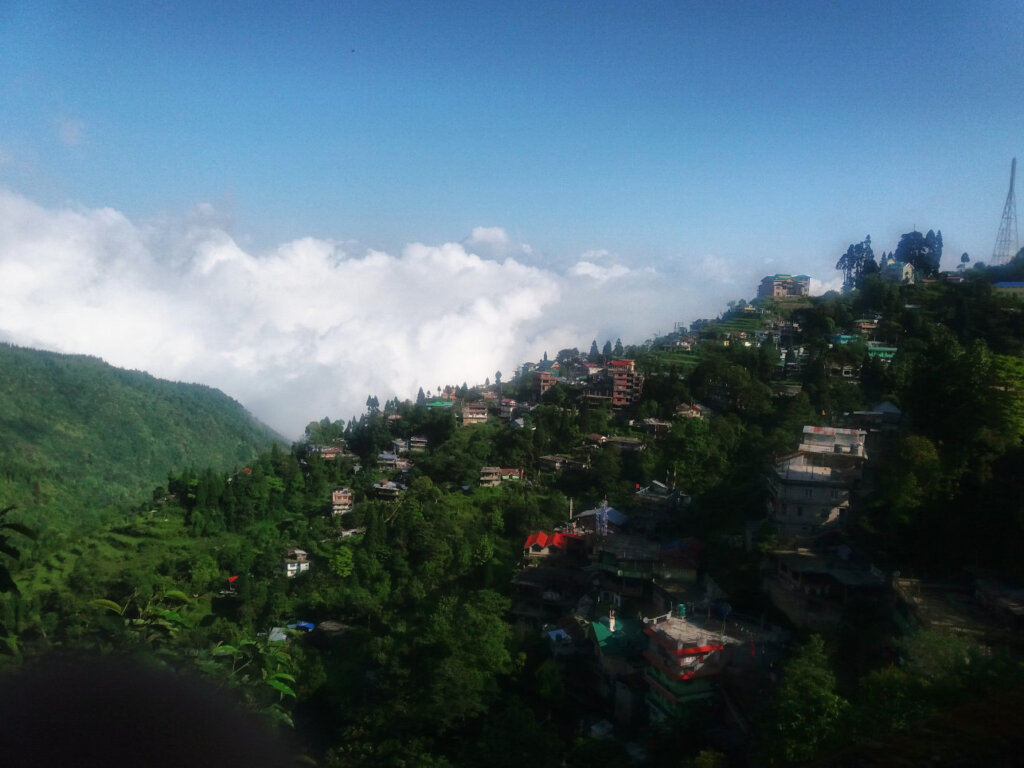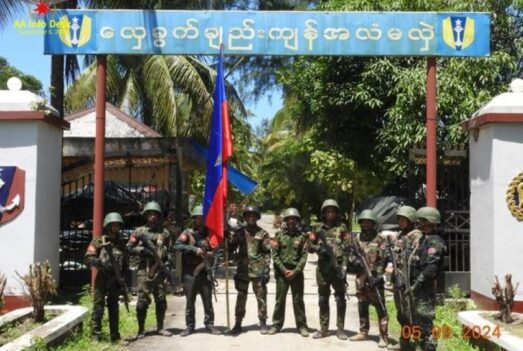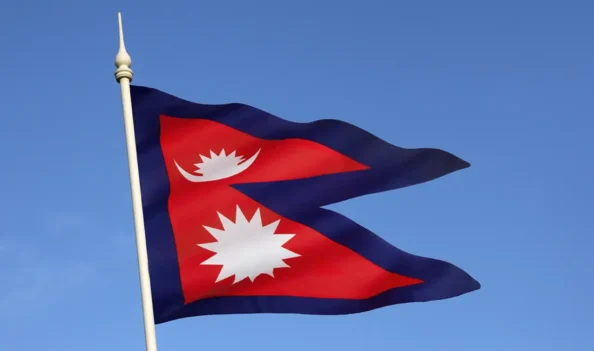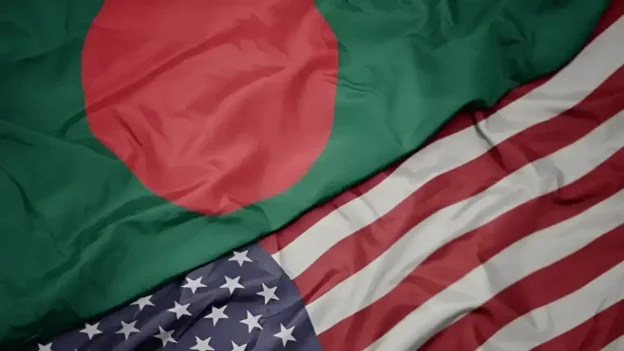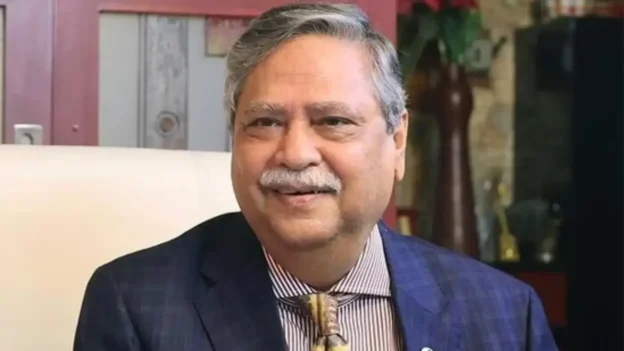Presumably influenced by the Indian National Congress (INC) recording slight gains in the northeast during the General Elections of 2024, the newly formed Modi 3.0 cabinet has seen a reduction in representation from the region. Compared to the previous Modi 2.0 cabinet, which included five Members of Parliament (MPs) from Assam, Arunachal Pradesh, Manipur, and Tripura, the current cabinet features only three representatives, at least for the time being. Former Union Minister Sarbananda Sonowal has retained his position overseeing Union ports, shipping, and waterways, while Kiren Rijiju has been assigned the parliamentary and minority affairs portfolios. A new entry, Pabitra Margherita, a Rajya Sabha member from Assam, has been appointed as deputy minister for textiles and external affairs.
Once an unbeatable political entity in the northeast, the Congress received encouraging news by adding three more seats to its tally of 25 members in the Lok Sabha from the eight northeastern states. The oldest political party in India made surprising wins in Manipur, Nagaland, and Meghalaya, even though it did not manage to increase its count in Assam. However, the party did not succeed in attracting voters in Tripura, Mizoram, Sikkim, and Arunachal Pradesh, where it had to settle for only one seat in the Itanagar-based State legislative assembly, with polls conducted simultaneously with the Parliamentary elections.
The vote counting on June 4 revealed that the Bharatiya Janata Party-led National Democratic Alliance (NDA) secured a significant share from the northeast, shaping the 18th Lok Sabha for the next five years. The BJP, which governs six northeastern states directly or as part of an alliance, faced defeats in both Parliamentary constituencies of Manipur, one Lok Sabha seat in Meghalaya, and the lone seat of Nagaland. In Mizoram and Sikkim, non-BJP and non-Congress governments managed to convince voters to choose regional party candidates. The ruling Zoram People’s Movement (ZPM) won the lone seat in Mizoram, while the Sikkim Krantikari Morcha (SKM) candidate secured victory in their single Lok Sabha seat. The ruling SKM also performed outstandingly in the Gangtok-based 32-member State assembly elections, winning 31 seats.
In Manipur, which has been marred by violence, the electorate gave mandates to Congress candidates Angomcha Bimol Akoijam from the Inner Manipur Lok Sabha seat and Kanngam S Arthur in the Outer Manipur constituency. The loss in both seats indicates a negative mandate for the BJP in general and the N Biren Singh-led coalition government in particular. The lone Nagaland Lok Sabha seat was won by Congress nominee Supongmeren Jamir. In Meghalaya’s Tura seat, Congress candidate Saleng A Sangma emerged victorious, while Ricky Andrew J Syngkon, nominated by the Voice of the People Party, won the Shillong seat. Realizing the ground reality, the BJP did not field any candidate in Meghalaya and supported both National People’s Party (NPP) candidates. The loss in both seats may pose a serious challenge to Meghalaya Chief Minister Conrad Sangma in the coming days. ZPM nominee Richard Vanlalhmangaiha won the lone Mizoram Lok Sabha seat, and SKM candidate Indra Hang Subba claimed victory in the lone Sikkim Lok Sabha seat.
In Arunachal Pradesh, both Lok Sabha seats were secured by BJP candidates, with the party also retaining power in Itanagar by winning 46 seats in the 60-member legislative assembly for the third consecutive time. Kiren Rijiju won from the Arunachal West seat, while sitting BJP MP Tapir Gao succeeded in the Arunachal East constituency. As anticipated, both Lok Sabha seats in Tripura were claimed by NDA candidates, with the ruling BJP fielding former State Chief Minister Biplab Kumar Deb in the Tripura East seat and supporting Tipra Motha nominee Kriti Singh Devbarma in the West Tripura seat.
In Assam, the Congress won three Lok Sabha seats, maintaining the status quo from the 2019 national elections, while the ruling party increased its tally to 11 with the support of two alliance partners. Asom Gana Parishad legislator Phani Bhusan Choudhury won in the Barpeta seat, and United People’s Party Liberal nominee Jayanta Basumtary emerged victorious in the Kokrajhar constituency. The BJP faced defeats in two Lok Sabha seats, with Congress MP Pradyut Bordoloi winning in Nagaon and another Congress MP, Gaurav Gogoi, triumphing in Jorhat after a tough electoral battle. The Jorhat seat became a prestige issue for Assam Chief Minister Himanta Biswa Sarma, who actively participated in several election rallies there, but the outcome favored the Congress, significantly boosting the morale of its workers across the region.
The third Congress seat in Assam was won by legislator Rakibul Hussain from the Dhubri Lok Sabha seat. In the Karimganj seat, BJP candidate Kripanath Malla and in Guwahati, Bijuli Kalita Medhi emerged victorious. Rajya Sabha member Sarbananda Sonowal won the Dibrugarh seat, and another Rajya Sabha member Kamakhya Prasad Tasa succeeded in the Kaziranga seat. Similarly, in the Sonitpur seat (previously named Tezpur), BJP legislator Ranjit Dutta and in the Lakhimpur seat, sitting BJP MP Pradan Barua were declared winners. Another sitting BJP Lok Sabha member, Dilip Saikia, won the Darrang-Udalguri seat, and State minister Parimal Suklabaidya succeeded in Silchar, while BJP nominee Amarsing Tisso claimed victory in the Diphu seat.
Despite these political dynamics, northeastern electorates recorded an impressive voter turnout (nearly 80%) in the national elections compared to the rest of India, where the average was less than 70%. Often labeled as a land of separatists, where armed militants once dictated voters to avoid participating in the electoral process, the region’s electorates proudly and responsibly participated in the exercise conducted by the Election Commission of India on April 19, 26, and May 7 using electronic voting machines. Recording their mandates peacefully, except for some violent incidents in Manipur, the committed voters reaffirmed their trust in democratic values and their commitment to making India not only the largest but also the greatest democracy on Earth.

